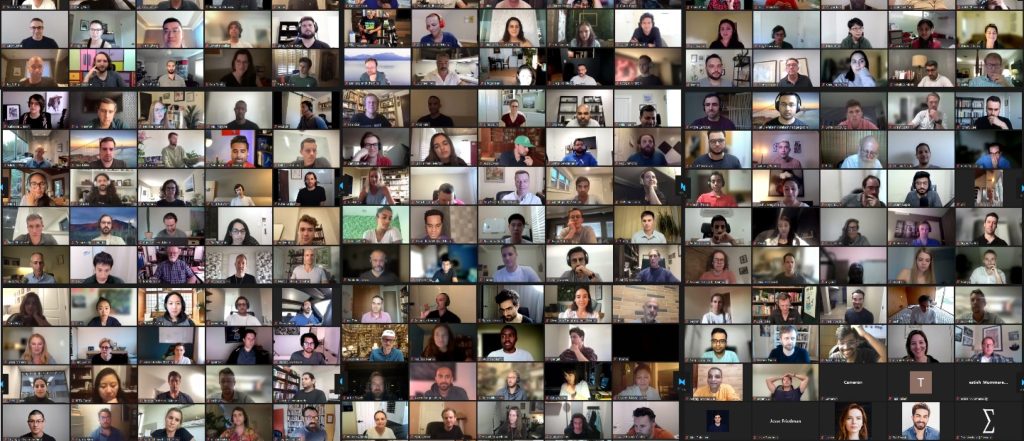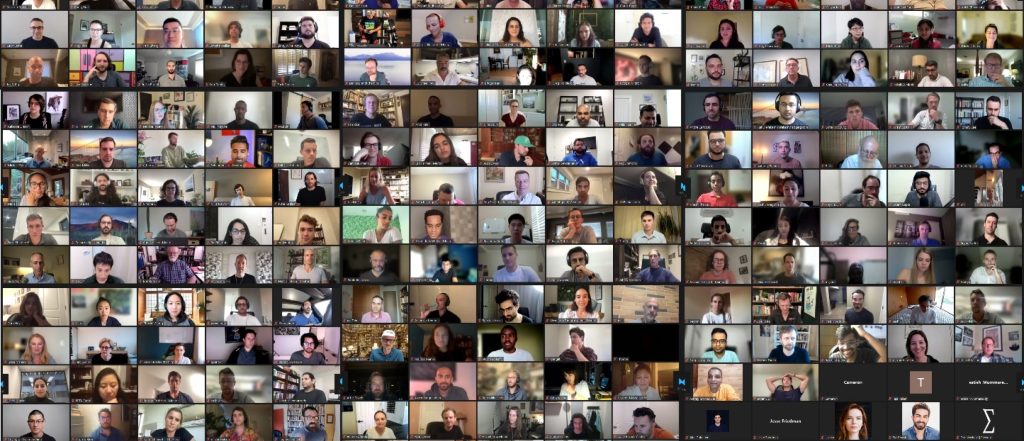First, teaching will become an extremely lucrative profession. Salaries will follow a power law. The best teachers will make millions of dollars per year and educate thousands of students per year.

Education is broken.
But I’m optimistic about the future of it. Here is what the future of education will look like.
First, teaching will become an extremely lucrative profession. Salaries will follow a power law. The best teachers will make millions of dollars per year and educate thousands of students per year.
Second, mass-market courses will have Hollywood-level production budgets. People who teach subjects like finance, statistics, and economics will attract millions of students. Those students will give them the financial resources to invest in high-end graphics and production.
Third, subjects will cross-pollinate. Academia is fragmented. Departments are sorted into distinct subjects with very little overlap. But the Internet is multi-disciplinary by nature. Divisions between subjects will fade, leading to a new era of hyper-curious polymaths who explore the conscience between industries.
Fourth, education will be cheap. Education transformed a decade ago, with the explosion of the Internet. It’s the credentials that are expensive and monopolized by universities. We’ll look back at the present day and laugh about the predatory and prohibitive cost of college.
Fifth, community learning will make a comeback. The Internet is great for self-motivated learners. But most people need a social group to hold them accountable. The top schools of tomorrow will build strong communities and alumni networks, just like an Ivy League university.
Sixth, students will become producers. The sit-back-and-listen style of modern education needs to go. Students will learn by doing, creating, and building things. Every student now has an internet-connected smartphone in their pocket with a high-definition camera and the ability to reach anybody on planet earth.
Seventh, schools will escape the classroom. We’ve reached peak time in the chair, listening to the drone of a lecture while students wait for the bell to ring and recess to begin. The Internet is a classroom without walls — a portal to the entire world. Some students will attend schools in different countries.
Eighth, the future of education does not look like you think it does. It will look like Y-Combinator, with respected credentials, teams of peers and mentors, participants who learn by doing, a global pool of talent, and a world where schools compete for top talent.
Ninth, student evaluations will become meaningful. The majority of colleges don’t take student evaluations seriously. Tomorrow’s schools will be measured on the empirical success of students. All aspects of the educational experience will be tracked — even student salaries. All that new data will yield surprising insights. For example, computer science and engineering majors earn more right after college. But by the age of 40, they seem to earn less than social science and history majors.
According to an article in the New York Times: “Computer science and engineering majors between the ages of 23 and 25 who were working full time earned an average of $61,744 in 2017, according to the Census Bureau’s American Community Survey. This was 37 percent higher than the average starting salary of $45,032 earned by people who majored in history or the social sciences (which include economics, political science and sociology). Large differences in starting salary by major held for both men and women. Men majoring in computer science or engineering roughly doubled their starting salaries by age 40, to an average of $124,458. Yet earnings growth is even faster in other majors, and some catch up completely. By age 40, the average salary of all male college graduates was $111,870, and social science and history majors earned $131,154 — an average that is lifted, in part, by high-paying jobs in management, business and law.“
Eleventh, online education will invert the learning process. In school, you start with the basics and expand towards curiosity. But on the Internet, you start with curiosity and expand towards the basics.
Twelfth, the best teachers will be practitioners. The world’s top CEOs will become big-name professors. They’ll use the Internet to scale their knowledge, which will turn teaching into a worthy use of their time. They’ll share real-world stories from hard-earned experiences.



